USAID is advancing global food security by helping families and individuals meet their need for a reliable source of quality food and sufficient resources to produce or purchase it. This, in turn, supports global stability and prosperity. By addressing the root causes of hunger, USAID is increasing economic opportunity and growth among vulnerable communities.
What is Food Security?
Food security means having, at all times, both physical and economic access to sufficient food to meet dietary needs for a productive and healthy life. A family is food secure when its members do not live in hunger or fear of hunger. Food insecurity is often rooted in poverty and has long-term impacts on the ability of families, communities and countries to develop and prosper. Prolonged undernourishment stunts growth, slows cognitive development and increases susceptibility to illness.
Today, more than 800 million people across the globe go to bed hungry every night, most of them smallholder farmers who depend on agriculture to make a living and feed their families. Despite an explosion in the growth of urban slums over the last decade, nearly 75 percent of poor people in developing countries live in rural areas. Growth in the agriculture sector -- from farm to fork -- has been shown to be at least twice as effective in reducing poverty as growth in other sectors.
Investing in these smallholder farmers—many of whom are women—and in the markets around them is more important than ever. In order to feed a population expected to grow to 9 billion people by 2050, the world will have to double its current food production. Given scarcity of natural resources and other challenges, the world will need to be more efficient in how it meets this demand. To ensure that people have sufficient food, aligning short-term assistance with a long-term development strategy can help countries feed their own people.
By addressing acute need as well as the root causes of hunger, poverty and malnutrition, USAID is strengthening prosperity and security while demonstrating American generosity around the world. USAID’s programs draw on America’s strength in agriculture and bring benefits back to America as well. For example, USAID’s research investments have helped farmers abroad and in the United States protect their harvests from pests and disease.
The enactment of the Global Food Security Act of 2016 and the Global Food Security Reauthorization Act of 2018 solidified the U.S. Government’s continued, bipartisan commitment to reducing hunger, malnutrition and poverty around the world.
As part of this effort, USAID is scaling up a comprehensive approach to fighting hunger and strengthening food security by:
- Leading America’s Feed the Future initiative to strengthen agriculture-led growth, nutrition and resilience in collaboration with multiple U.S. Government agencies and departments, the private sector, civil society, researchers and universities, and partner governments.
- Providing emergency food assistance so vulnerable populations and malnourished can survive and bounce back in times of crisis.

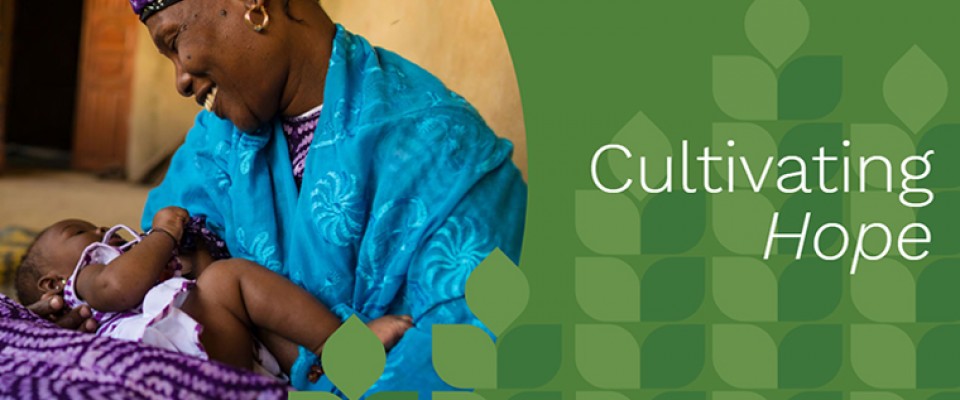
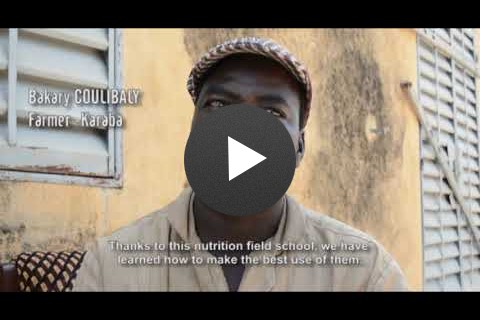
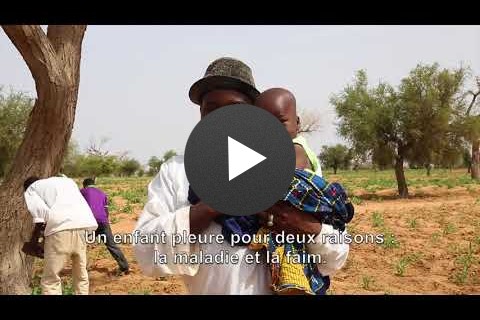
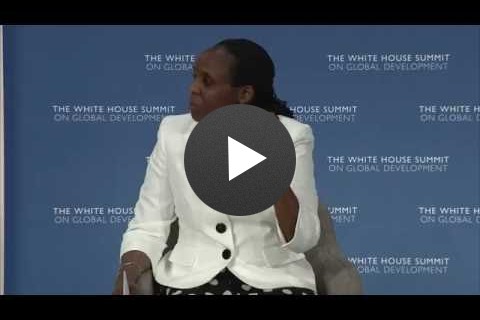
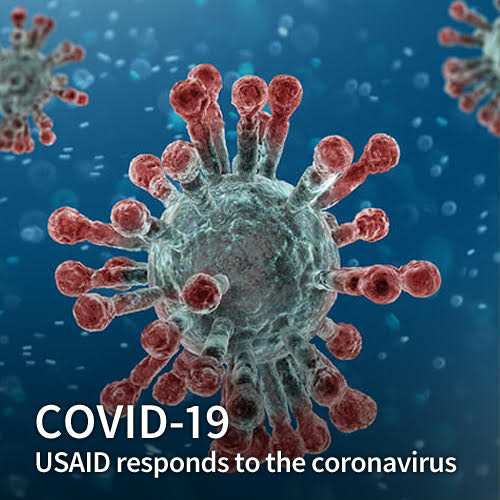
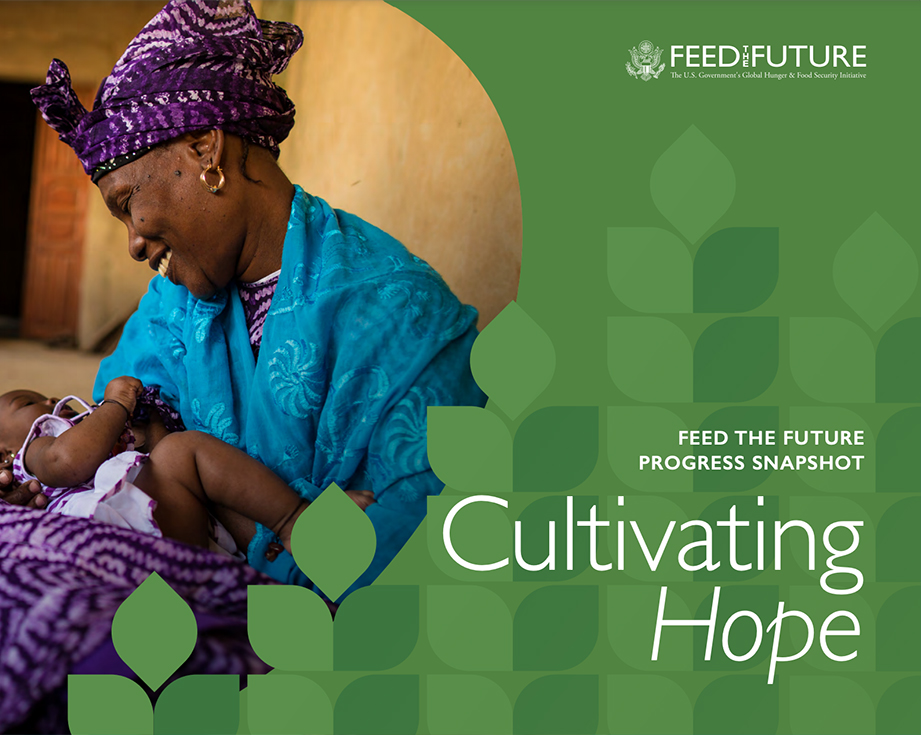


Comment
Make a general inquiry or suggest an improvement.